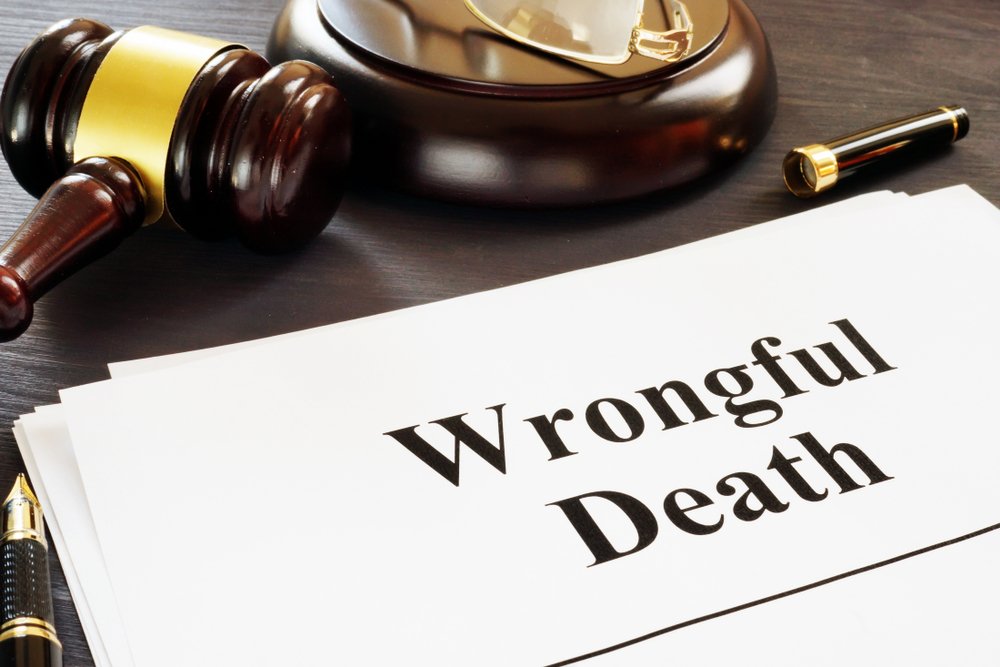What Is A Pension Sharing Order?
January 31, 2020If you are getting divorced it is likely you will be deciding how to split your shared assets. In the UK pensions are usually your most valuable asset (yes, normally worth even more than your family home). If you are discussing a pension sharing order after a decree absolute, you may be wondering “what are they and how do they work?”
What Is A Pension Sharing Order?
Pension sharing orders after a decree absolute are a legal way to share a pension between a couple after divorce. They make it easier to have a clean financial break after your divorce and they must be granted by a court.
How Does A Pension Sharing Order Work?
The courts use a cash equivalent value to put a value on your pension/s. The value of your pensions is then considered along with your other marital assets i.e. house, savings etc. Then they can split off part of one partner’s pension and give it to the other as part of the divorce settlement.
Once the pension has been transferred it is then your responsibility to manage it and pay any fees associated with it. This is how a pension sharing order works.
How Is My Pension Valued For Divorce?
The courts may consider the value of:
- Workplace pensions (current and historical)
- Additional State Pension but not the basic State Pension
- Personal Pensions
Pensions are valued on their Cash Equivalent Value. If you have a defined contribution pension (workplace or personal), that’s the total amount you have in your pension pot. If you have a Defined Benefit Pension, also known as a Final Salary Pension, you’ll need to ask for a Cash Equivalent Transfer Value from your pension scheme trustees.
What Are The Rules On Pension Sharing Orders?
There are a number of rules on pension sharing orders after a decree absolute. It can be tricky to totally understand what this all means, so we’ve put together a few of the most common questions asked about how they work and what the rules are.
What Do I Do With A Pension Sharing Order?
If you have a pension sharing order, the money from your ex’s pension has to be transferred into a pension in your name. It can’t just be paid into a bank account or savings.
It might be possible for you to join your ex’s pension scheme and keep your share of the pension within that – for example if your ex has a police, NHS, army or fire service pension. But in most cases, you will need to arrange your own pension for the money to be transferred into.
If you’re talking about a pension sharing order as part of your divorce settlement. The earlier you speak to a financial adviser, the better, they can help you get your pension ready so everything can be transferred smoothly at the end.
How Long Does A Pension Sharing Order Take?
If you agree to a financial split with your ex then you will need a court to sign it off or have your solicitors draw up a legally-binding financial agreement. This could take anywhere from a few weeks to months, depending on how long it takes you and your ex (and your respective solicitors) to file of the required paperwork to the court and then the pension company.
Setting up a pension for the shared pension to go into can also be time-consuming.
Simon Garber – our pension transfer specialist says: “often people will come to me at the end of their divorce proceedings when they already have a pension sharing order in place. They then need to rush opening a new pension with a pension provider”.
“I always advise people to approach me earlier in their divorce proceedings once a pension sharing order has been discussed so that they can get their new pension in place ready for when they have the pension sharing order this reduces any delays at the end of their divorce proceedings”.
It also means that you can start planning your financial future at the same time which can be hugely empowering and take a weight off.
Transferring A Pension With A Pension Sharing Order
If you already have a pension sharing order and you are wondering what to do next will be relieved to know that once you have a pension sharing order it should be relatively simple to transfer your awarded share into an existing or new pension.
Pension Sharing Orders And Existing Pensions
If you already have your own pension then you should be able to transfer your share of your ex’s pension into that. Before you do, now is a good time to get a financial adviser to look at your pension and see if it’s fit for purpose. Some older pensions can have high charges and be invested in poorly performing assets. Some newer pensions cost much less and might give you more flexibility when you come to retire.
If you are happy that your current pension is fit for purpose, you have two options, you can enlist the help of a financial adviser to make sure everything is done properly or you can do it yourself.
If You Are Doing It Yourself:
1) Write to your current pension provider and ask them what you need to do to transfer the pension in.
2) Request the correct paperwork from your solicitor.
3) Fill in the needed forms and send them to your pension provider.
It’s important to get this right. DO NOT ASSUME THAT YOUR SOLICITOR WILL DO THIS FOR YOU.
After You’ve Sent Your Forms:
- Check your pension provider has everything they need to complete the transaction.
- Follow up if you don’t get confirmation of the transfer – Pension companies can be very slow!
- Be aware of any deadlines on getting the transfer set up. If you miss them you may need to go back to court to get it sorted.
If you use a financial adviser, they’ll do all the paperwork and chasing for you.
Setting up a new pension
If you don’t currently have a personal pension or if your workplace pension does not allow a transfer in from pension sharing orders then you’ll need to set up a new pension for yourself. if you already have solid retirement plans in place, and you’re an experienced investor, then it may be possible to set up your own pension.
If you are new to investing and or you don’t currently have a retirement plan in place now would be a great time to chat with a financial advisor. They’ll be able to help you put a plan in place to reach your retirement goals and talk you through your options.
It’s important to get this right. An experienced financial advisor can liaise with pension providers and could take the stress out of the situation, plus get your pension set up quickly.
We can help you put small changes in place now that could have a big impact for your future… Even if you think you are not in a position to save right now.Get in touch
Divorce can be expensive, but that shouldn’t stop you getting the right financial advice when you need it. It’s a good opportunity to start the next chapter of your life on solid financial footings. If you are worried about costs, it’s possible for fees to be deducted from your pension.
Can A Pension Sharing Order Be Reversed?
Yes, pension sharing orders can be reversed but only with a variation order from the courts and there’s a strict time limit. Talk to a solicitor to check where you stand.
How Do I Get A Pension Sharing Order?
If you are in the early stages of divorce and you are trying to work out how much of your partner’s pension you might be entitled to you should speak to a solicitor first to understand how the law applies in your circumstances. Everybody’s circumstances are different and the law can be difficult to understand. Most solicitors offer a free short session where you will be able to ask them questions which might help you better answer how do I get a pension sharing order.
Gather as much information as you can about your and your partner’s pensions. There’s no automatic right to know what is in your partner’s pension unless you go to court, and they may not even know themselves. Even if you can only find an old or outdated pension statement, it may be a starting point for negotiation.
It is possible to agree on a financial settlement with your spouse. You can agree amongst yourselves if it is amicable, or work through a mediator. You can have the solicitors draw up a financial agreement, or have the courts sign off whatever you agree for it to be legally binding. If you cannot agree between yourselves you will need to see a solicitor and go through the court process.
















